A SERB WHO WORKS AT FACEBOOK: He reveals how he got the job, how many working hours he has ... (PHOTO)
Good news travels fast, and a true example of this is young Nenad Božidarević (25) from Belgrade, who with only 22 managed to get a job at Facebook, the most popular social network and one of the strongest companies in the world.
LIKE US ON FACEBOOK – Telegraf English, or write to us: office@telegraf.rs
We were able to contact Nenad how else but over Facebook and for our portal he revealed rather interesting details from his career which is quite rich: what an ordinary working day looks like, whether he met Mark Zuckerberg, where the idea to apply for work at Facebook came from ...
This young programmer was born in 1990, he is from Belgrade, where he finished Mathematical Gymnasium and Faculty of Computer Sciences, and his story with Facebook begins in late 2011 when he was contacted by a recruiter who asked him if he was interested for a practice in this company.
No doubt that what Nenad achieved is the dream of many programmers. This is his story that began in Belgrade while he was still a student, continued in California and still lasts, and it is interesting that if he was to have an opportunity to do what he likes in Serbia, he would return even for a lower salary.
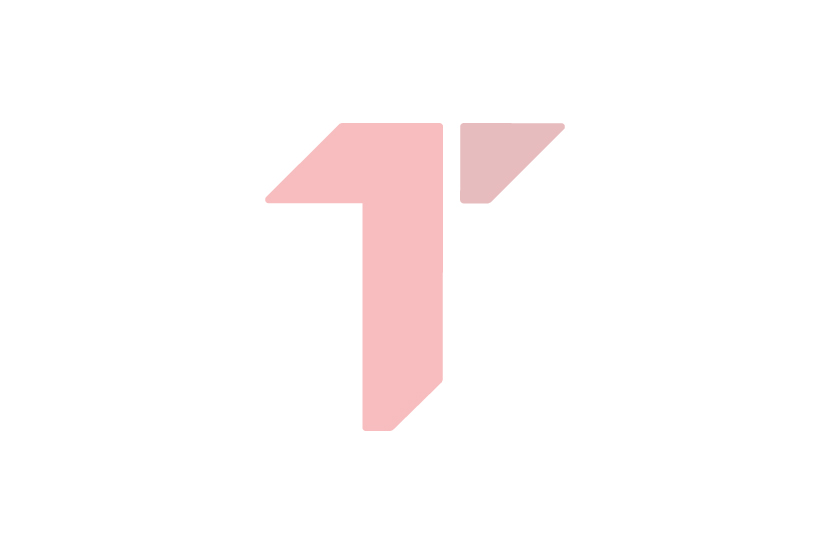
How did you come up with the idea to apply for work at Facebook and what the selection of candidates looked like?
In fact, application for Facebook did not even occur to me, but in late 2011 I was contacted by a recruiter who asked me if I was interested to apply for practice. As I had nothing to lose, I decided to apply, at least to experience an interview in such a large company.
The whole process has gone very quickly, so in less than a month I had three phone calls, after which the hold followed. A month after the last interview - and I must add not at all pleasant month - I received an email from the recruiter and soon after there came a call where they told me I got an offer for practice.
What did the job interview look like, what did they ask you?
As I said, there were three telephone interviews, and their content was pretty standard. As I was a student at the time, they could not focus on the knowledge acquired by working in the industry, so the main topic of the three interviews was solving specific programming problems with a hint of mathematics.
In addition, during the interview, there was also a relaxed conversation that is used to evaluate someone as a person, but there were no pointless questions like: "What are your weaknesses?"

Did you have any work experience before you started working for Facebook?
As I got a job at Facebook immediately after studies, my previous experience was not too extensive - besides various smaller projects that I worked on my own. After sophomore year I had a semi-annual practice at the Microsoft development center in Belgrade, and after the third year I was on a quarterly practice in Facebook on the basis of which I got a job offer.
Do you expect that you will be invited to come to California?
Although I was generally pleased with my performance, I had no expectations, because I saw Facebook as something unattainable for us "mere mortals".
However, through my experience, as well as through interviewing other candidates which I am dealing with right now, I realized that nervousness and uncertainty are huge problems. Namely, when I compare the questions asked with the knowledge that can be acquired at our universities, it is obvious that anyone who makes an effort has a real chance to be hired at Facebook.
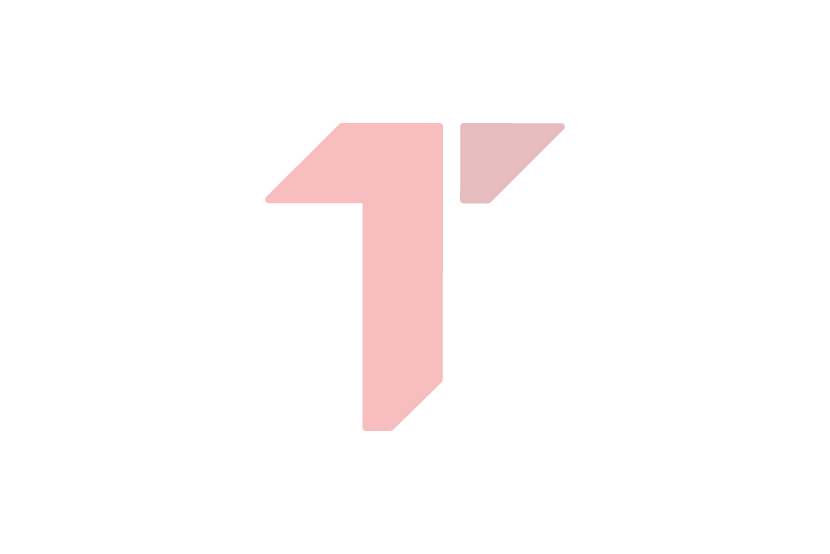
What specifically do you do in Facebook?
The team in which I work falls under Instagram, which Facebook bought in 2012, and he is engaged in the development of tools that advertisers can use to make advertisements on this social network. The entire functionality is covered by a group of about 30 people, while my part of the team deals with the so-called "frontend" development, ie. interfaces that are visible to users.
Coincidentally, this is also the type of programming that I was most interested in in secondary school, but later during studies I focused on programming that is more based on mathematics, because it seemed more challenging (especially when "neighbor’s little kid" can make a website for 50 euros).
However, when something is developed for 1.5 billion people, even the smallest problem can affect millions, so I have the opportunity to do what I enjoy the most, while at the same this to be challenging.
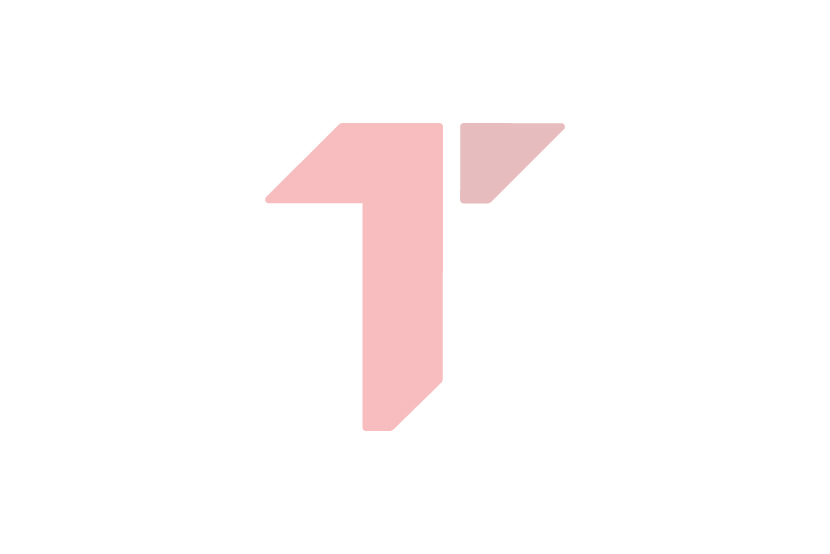
How does one usual day at Facebook, what are the working hours?
Working hours do not exist, even though the employees generally spend about eight hours working. The most important thing is to complete the project, and that is the goal usually on a monthly basis, so during the week it is only important that there is some progress. It is on the employees to decide how much time they should devote to each of their responsibilities, and they can be varied and numerous.
In my case, the average working day consists of writing and reviewing the code (which I would call the main part of the job), but also the interviews, mentoring trainees and new employees, participation in meetings, organization of events and the like.
In general, the longer someone is in the company, the more responsibilities are slowly being switched from the pure code writing to tasks that are perhaps a little more managerial.
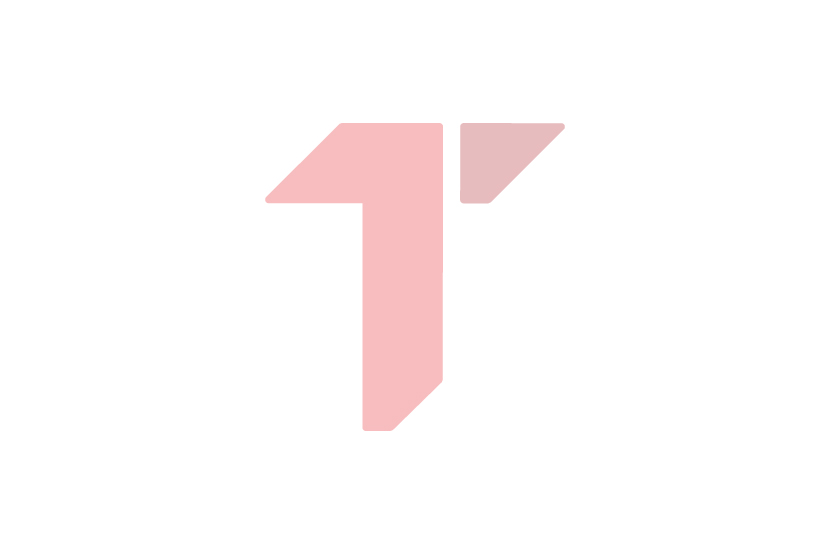
What are your offices like?
The offices are open, which means that in addition to a conference room there are no rooms reserved for the teams, but each floor is one unit. This is consistent with an open culture in Facebook, where employees should feel comfortable talking to anyone, regardless of the position they have.
Of course, there are always a popular restaurants that serve three meals a day, a gym, a bank, a doctor, a dentist, a hairdresser, rooms for rest, games, playing ... Everything you need to spend a pleasant day at work.
Do you all hang out, do you have any strange or any rules?
There are no rules that could single out – the only thing that makes Facebook different from an average company is just the fact that a lot of people socialize both at work and outside of it.
I think that this is mainly influenced by the fact that there are so many of us who moved to California primarily because of work, which means that we probably know very few people, so socializing with colleagues of similar thinking is a quite logical step from which true friendships can arise.

Do people who work at Facebook have to have a Facebook profile and can you have a profile on Twitter?
Facebook profile is essential, because it is associated with a variety of internal tools and is used for all communication within the company. In addition, there are absolutely no restrictions, so people normally used other services and have no problem to draw attention to the things that they think another company did better.
In doing so, although it may seem as if between the major IT companies there are rivalries, they actually quite often cooperate and support each other when it comes to solving common problems.
Have you met Mark Zuckerberg?
Not personally, but I regularly see him around campus - very nice and humble person.
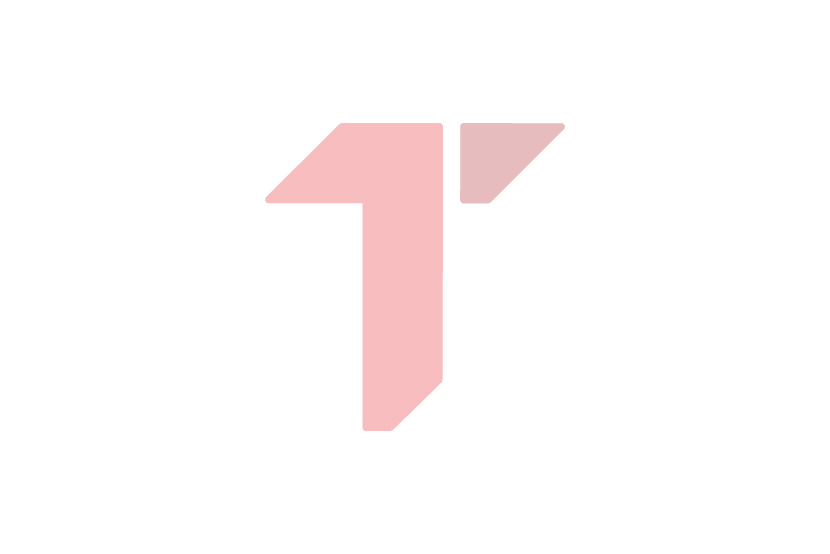
What are you most proud of in your career so far?
As I had not worked in other companies, I do not know if this is the case in Serbia, but in America there is a big focus not only on technical training, but also on the so-called "soft" skills that allow for better cooperation, and teamwork. I was lucky to get a manager with 15 years of experience in the industry, and I am most proud of how I managed to make some progress in this respect with his help - as someone who specializes in natural sciences, learning new technologies is generally easy, but working with other people presents a challenge.
Thanks to this now except for pure code typing, without problems I can contribute to important business decisions and fight for my opinions (engineers have a lot of influence when it comes to the direction of the project), present progress or teach new employees some field, contribute to the maintenance of Facebook's culture, etc.
Would you ever go back to Serbia? And for a higher salary?
When three years ago I was deciding whether to accept the offer, the salary certainly played an important role, because as a student I did not have the best idea of what the industry can offer.
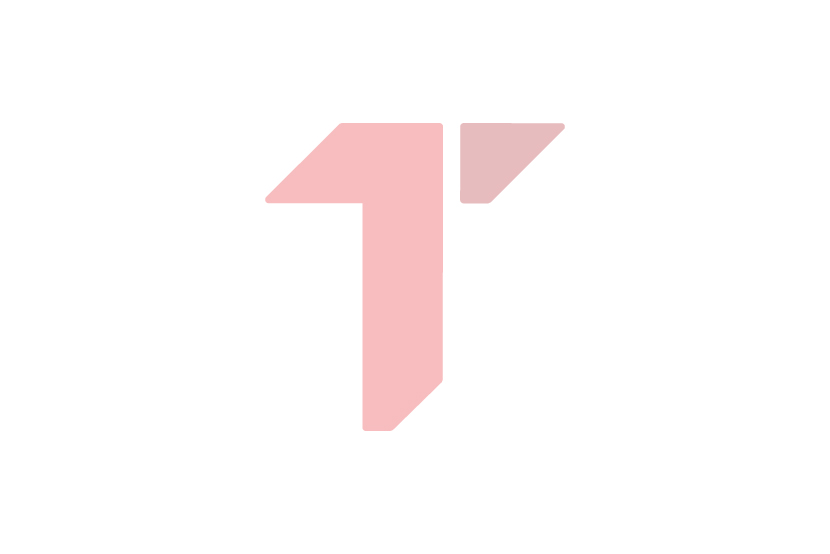
Now, however, I realize how much I care about what I am doing on - thus, if in Serbia I got the opportunity to do what I love, I would return for a lower salary. Thereby, I think it is not realistic to expect a higher salary, because the costs of living in Serbia are at least 5 times lower. Unfortunately, despite the fact that in Serbia there are really excellent IT companies that offer high salaries, they simply do not deal with something that I would find just as interesting as the work that I currently do here.
Video: Slaven Došlo o mjuziklu "Balkan ekspres": To je priča o malim ljudima koji pokušavaju da prežive
Telegraf.rs zadržava sva prava nad sadržajem. Za preuzimanje sadržaja pogledajte uputstva na stranici Uslovi korišćenja.

